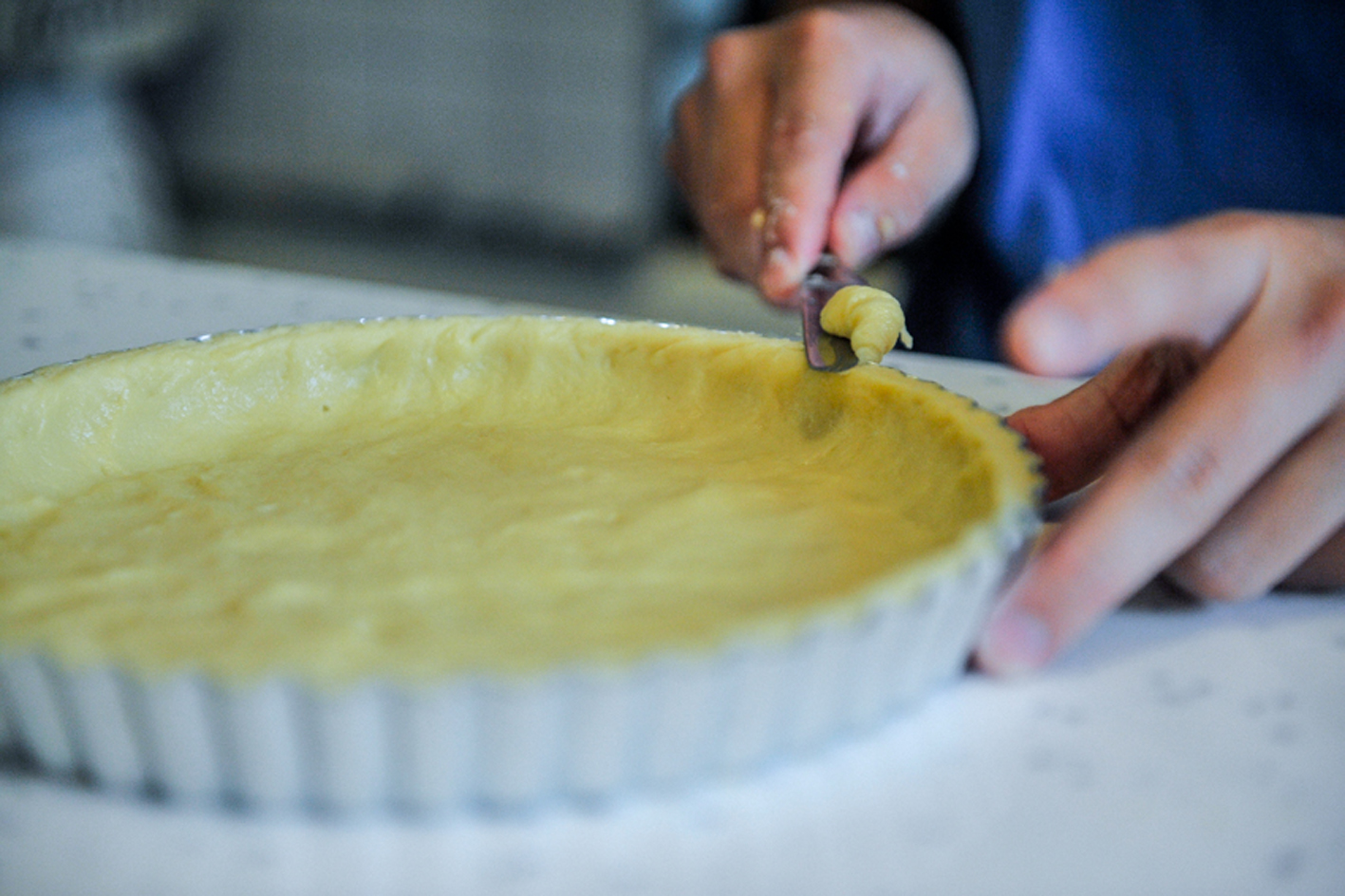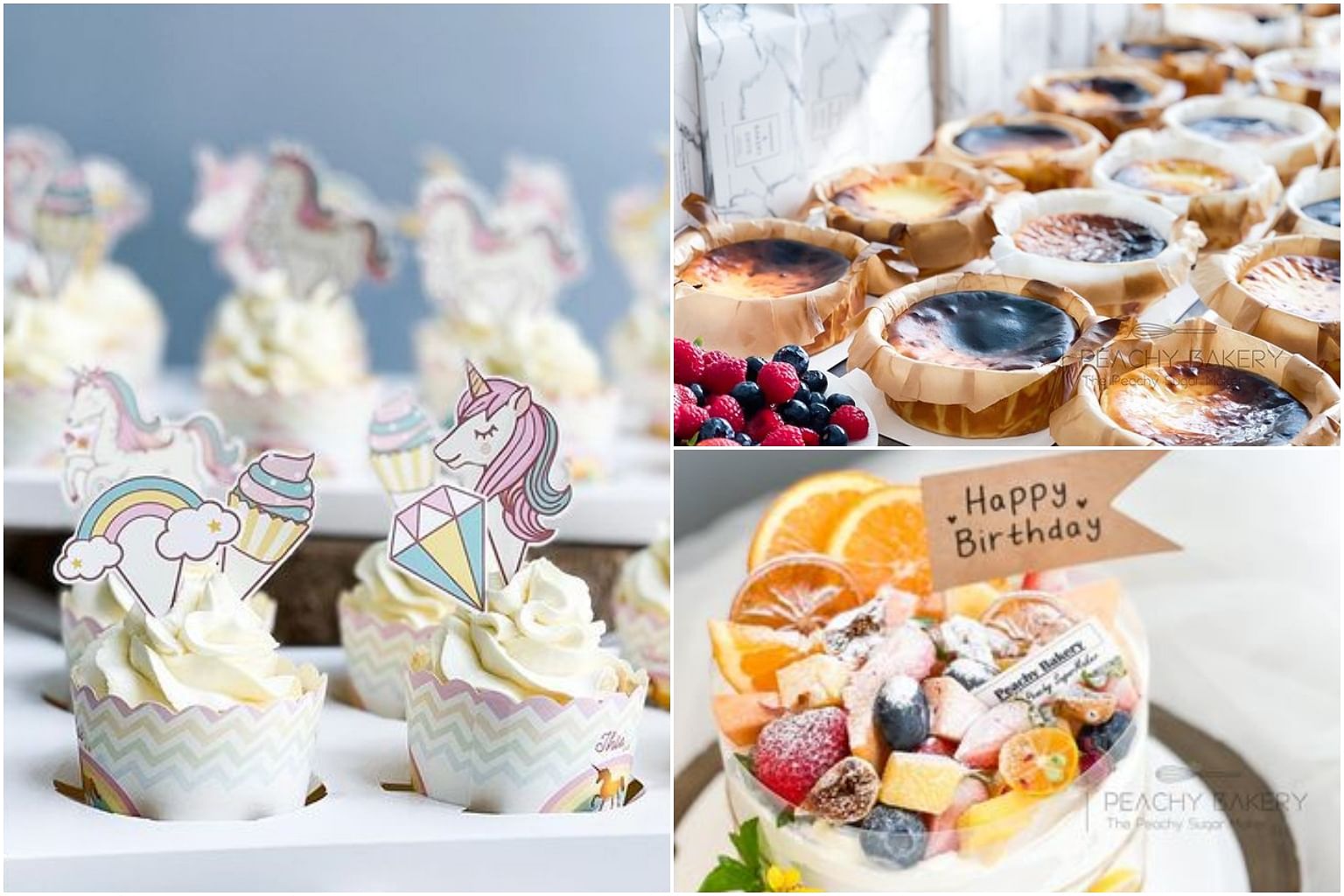No need to license home-based food businesses as safety risk and volume sold are small: SFA
Sign up now: Get ST's newsletters delivered to your inbox

Currently, home-based food businesses are allowed to operate from Housing Board flats and private homes as long as operators stick to the SFA's guidelines for food hygiene practices.
PHOTO: ST FILE
Follow topic:
SINGAPORE - There is no need to license home-based food businesses given the small quantities of food they sell, the Singapore Food Agency (SFA) said on Wednesday (Aug 18), adding that it has assessed that the food safety risk associated with these businesses is small.
The agency was responding to queries from The Straits Times, after 15 people fell ill eating food from The Peachy SugarMaker, a home-based food business, on Aug 5 and 7. Nine of them were hospitalised. The SFA has directed the business to suspend its operations, and is investigating the case with the Ministry of Health.
It did not reply to questions about the number of food poisoning cases that involved food from home-based food businesses.
Earlier this week, the Restaurant Association of Singapore, which represents more than 5,000 restaurants and food outlets here, said it was time to regulate this growing part of the food industry. Its legal counsel, Ms Tay Eu-Yen, said in a commentary in The Business Times that the industry has evolved beyond small home baking businesses.
"The law urgently needs to keep up; food hygiene is a matter of public health and safety. In the absence of regulation, cases of food poisoning may emerge where proper food hygiene training, licensing inspections and firmer rules could have prevented."
Currently, home-based food businesses are allowed to operate from Housing Board flats and private homes as long as operators stick to the SFA's guidelines for food hygiene practices. The agency encourages people who handle and prepare food to attend a food safety course at an approved training provider.
The SFA said: "Nonetheless, home-based food businesses are still required to ensure that the food they sell is safe for consumption. We have provided guidelines on good food hygiene practices available on our website that operators must comply with."
It added that there are tighter regulations for licensed food businesses such as restaurants and food manufacturers as they are not limited in their scale of production, and this significantly increases the potential for food safety to impact consumers.
The agency said: "There may be home-based food businesses experiencing high demand for their food products that are interested in scaling up their operations. They are advised to set up licensed food premises as they professionalise their operations into a full-fledged business.
"Food safety is a joint responsibility. SFA would like to remind food operators, including home-based businesses, to observe good food and personal hygiene practices at all times. Consumers are encouraged to exercise discretion when purchasing from home-based food businesses.
"SFA will not hesitate to take firm action against anyone found to be in violation of the Sale of Food Act and/or the Environmental Public Health Act."
The guests at one party who fell ill after eating food from The Peachy SugarMaker and had to be hospitalised tested positive for salmonella, a bacteria that can cause diarrhoea, abdominal pain, fever, nausea and vomiting.

The home-based business is known for its cakes, biscuits and dessert tables.
PHOTOS: THE PEACHY SUGARMAKER/INSTAGRAM
Dr Desmond Wai, a gastroenterologist in private practice, said that in food poisoning cases, the cause might be with the food handling.
Salmonella, he said, can be on raw chicken and on eggshells. People who prepare raw chicken should wash their hands thoroughly with soap and water before they touch other ingredients, he said. Cutting boards and knives should also be sanitised after being used to cut raw chicken.
Food handlers should also wash their hands thoroughly with soap and water after handling eggs or cracking them, since salmonella can be found on the shells.
Asked what advice he would give people who want to avoid falling ill with food poisoning, he suggested that when eating out, they pick food that is recently cooked, or dishes that are prepared in front of the diner.
"Don't go for chicken rice at 6pm if the chicken has been hanging there since the morning," he said, adding that food containing coconut milk might also spoil more quickly. "Most food, if you leave it out, can become contaminated."

